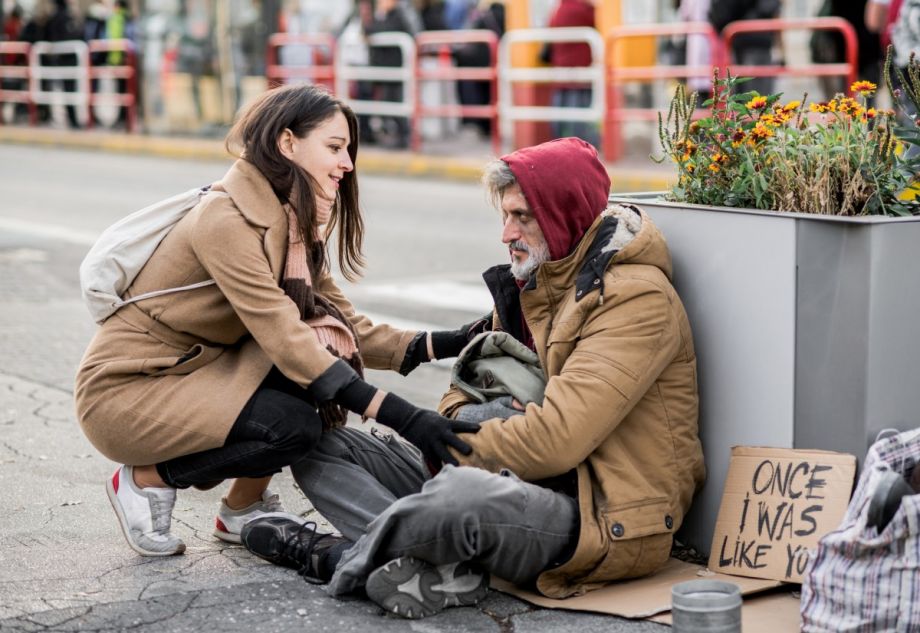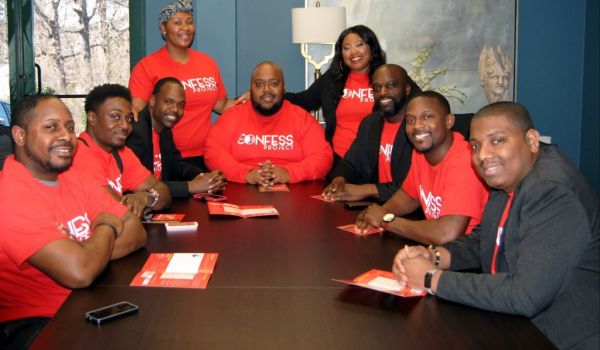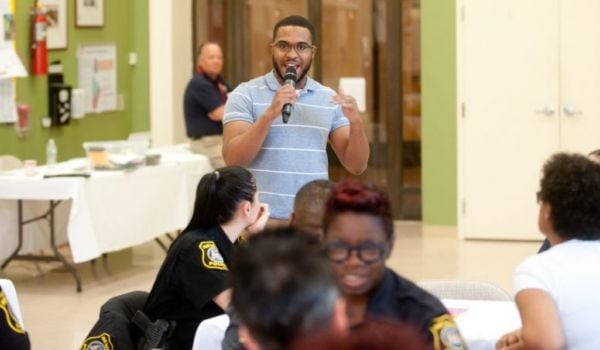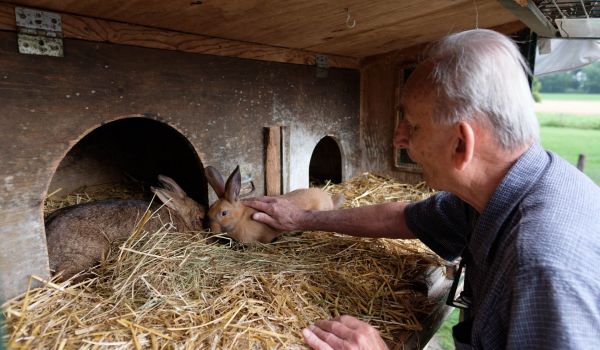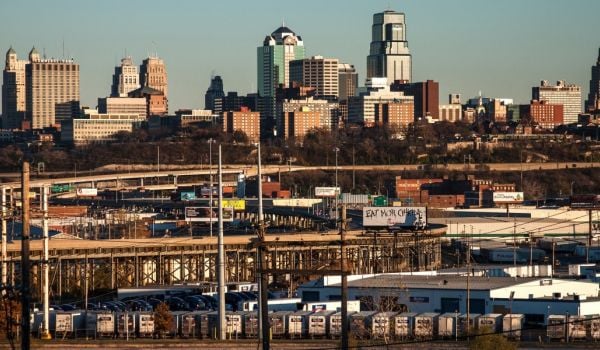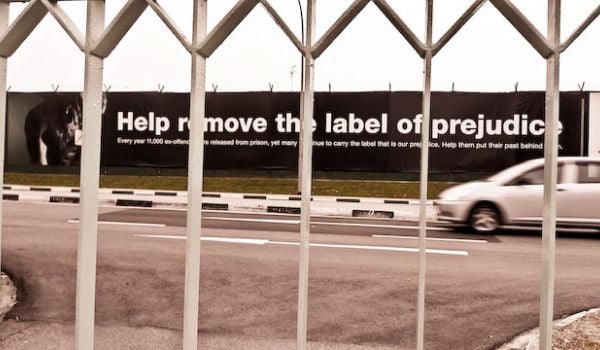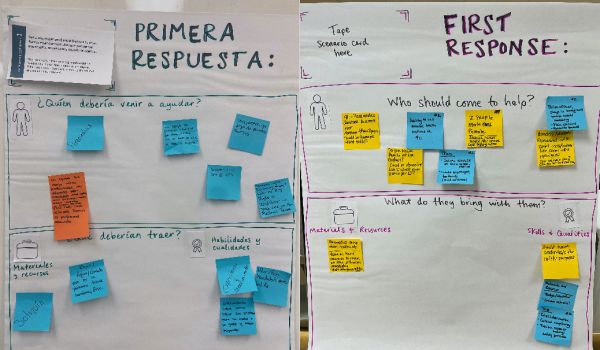A couple of weeks ago, Kiki Radermacher arrived at a Missoula, Montana homeless shelter where workers had called the police on a 19-year-old who tested positive for COVID-19. The police had already arrived and, when the girl began having suicidal thoughts to the point that she wrapped a phone cord around her neck, they called Radermacher, a member of Missoula’s Mobile Support Team. “She was really struggling, first with being homeless. She hadn’t been homeless for long and was still adjusting to that lifestyle,” Radermacher.
Radermacher spoke with the police officer on scene who explained the situation and the fact that they’d have to take the 19-year-old somewhere because of the threat she poses to herself and others, but that she wasn’t willing to come voluntarily and they didn’t want to cause additional harm by forcing her. Briefed on the situation, Radermacher approached the girl and immediately recognized her. “I had worked with her previously in private practice,” Radermacher says. “Just having that prior relationship was so incredibly valuable in that situation. As soon as she recognized who I was, she started talking and was honest about how she was feeling.”
The girl began to calm down and Radermacher explained that she was going to have to get help, but that if she came willingly with Radermacher that she and her partner could take her in an unmarked van rather than in a police car and without any further involvement from the police, which she did. “It was one of those moments where I was so glad they called. Had they not, someone would have gotten hurt. We were able to resolve that by just offering support in that moment,” Radermacher says.
This is exactly what Missoula’s Mobile Support Team—MST for short, a collaboration between the fire department and Partnership Health Center—does. When behavioral health calls come through 911, the police contact MST and a clinician paired with an EMT arrive on the scene to offer specialized behavioral health services. The goal is to help people in crisis without sending them to jail or the emergency room.
Missoula’s program began as a pilot in November 2020 and will become permanent this month. The team works in two shifts that, together, offer services from 10 a.m. to 8 p.m., seven days a week. To date, the unit has had 499 calls that have led to 389 hours on scene since November, resulting in 128 emergency room diversions and 22 jail diversions. Much of their success is attributed to the slower approach that the MST is able to take.
“[Traditional first responders are] trained to have solutions fast, mitigate a problem, and move onto the next one,” explains John Petroff, a member of the Missoula Fire Department and the MST’s operations manager. The MST, on the other hand, spends an average of 46.8 minutes on each call they take.
With 16 years experience at the fire department, Petroff was excited to join the operation in January. He has since worked to build trust among the police department and other stakeholder groups that has helped get the program running as smoothly as it is today. “A big part of my job is letting them know how we can help,” he says.
Thanks in part to funding for mobile response units that the state earmarked in 2019, Missoula’s Mobile Services Team is one of six mobile response units currently active in the state and one of a growing number of programs around the country like Eugene, Oregon’s CAHOOTS and Spokane, Washington’s Mobile Community Assertive Treatment team, although there’s no official count for the total number.
Many of them operate in a similar way to Missoula’s MST, but one way that Missoula has expanded its behavioral and mental health work is by offering follow-up services. “We provide follow-up case facilitation at the end,” explains Terry Kendrick, the MST’s program manager. “If you’re in crisis and someone hands you a referral or tells you to go to the Salvation Army, you’re [probably] not in a place to take that information in. Or some of that is just hard for folks who are already feeling overwhelmed,” she says. That’s why the MST will follow up with resources to increase the chances of the people they treat getting the longer term help they might need.
While the pilot program has so far dispatched the MST alongside the police, Kendrick says that the newly permanent program is now exploring what it could look like for the MST to be dispatched on its own. They’re also eagerly awaiting the introduction of the national 988 hotline in 2022 as a potential path to an alternate dispatch system.
“We’re trying to keep it on the ground level so it’s the fourth response resource—that’s how we’re looking at it,” Petroff says. “We have law enforcement, fire fighters, and emergency medical services and now we have behavioral health.”

Cinnamon Janzer is a freelance journalist based in Minneapolis. Her work has appeared in National Geographic, U.S. News & World Report, Rewire.news, and more. She holds an MA in Social Design, with a specialization in intervention design, from the Maryland Institute College of Art and a BA in Cultural Anthropology and Fine Art from the University of Minnesota, Twin Cities.
Follow Cinnamon .(JavaScript must be enabled to view this email address)

